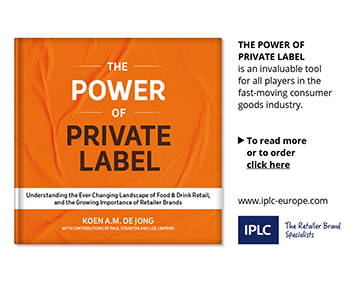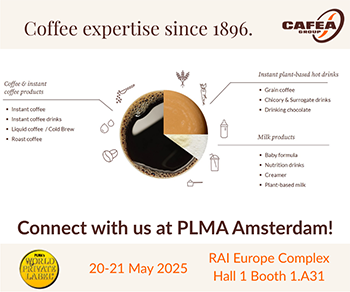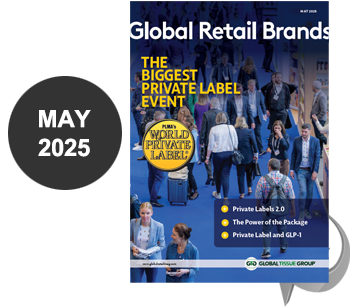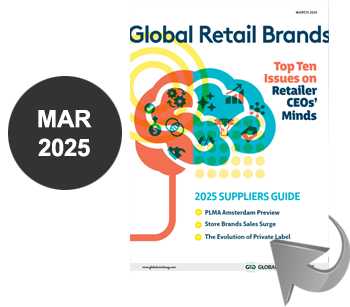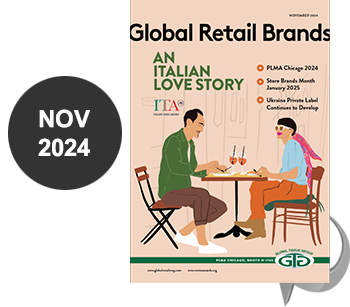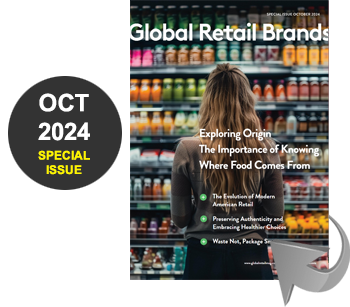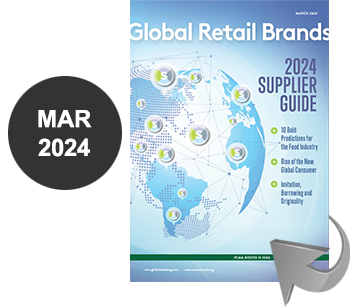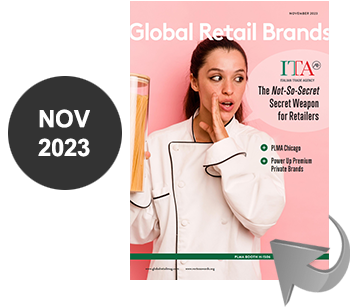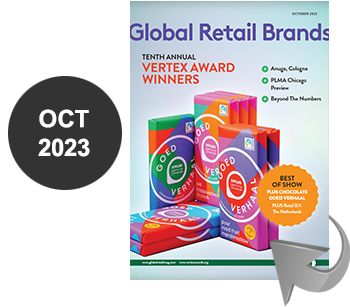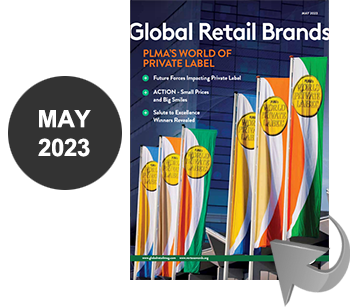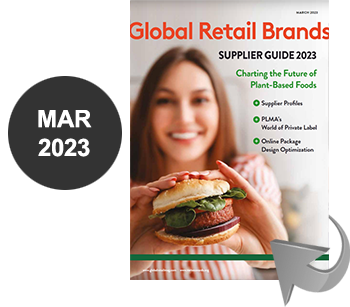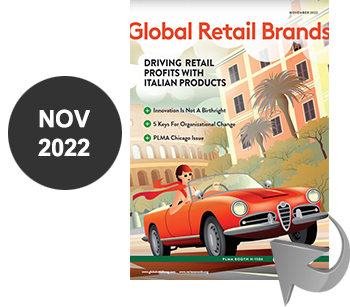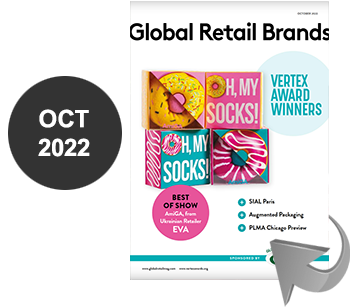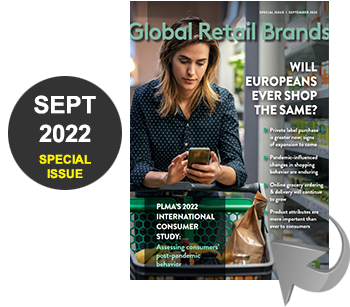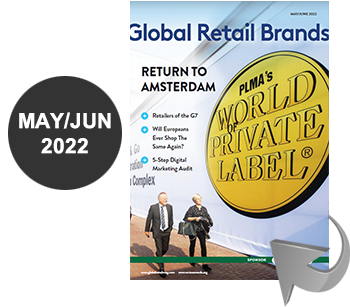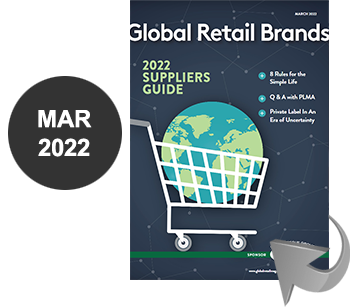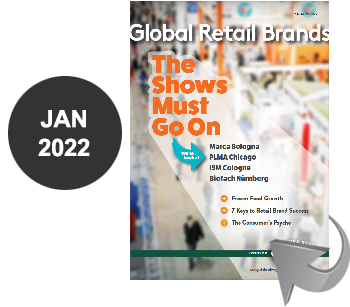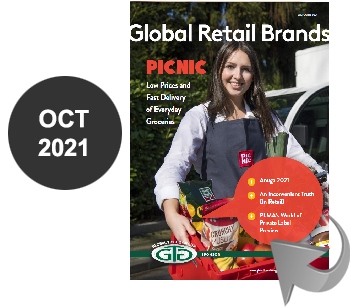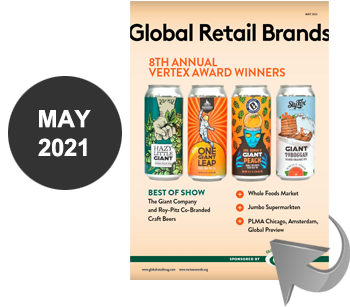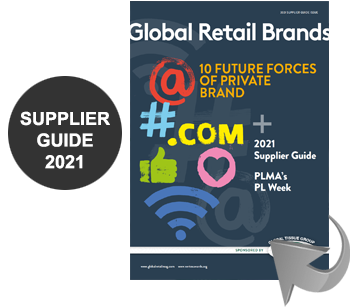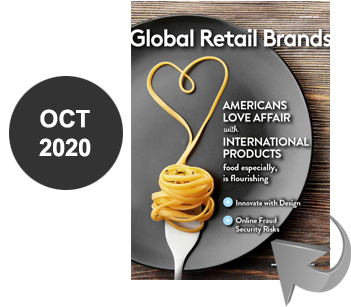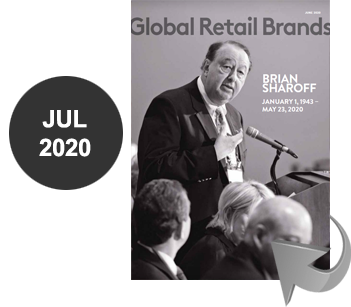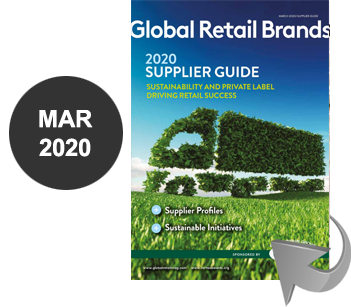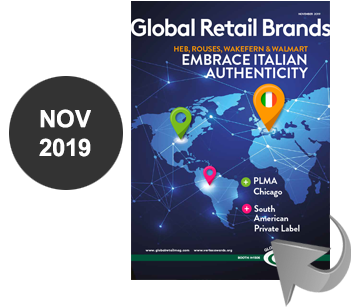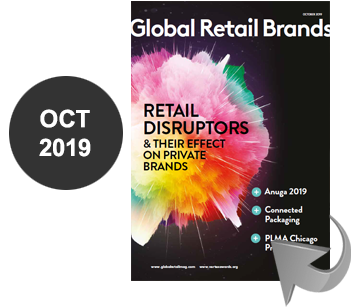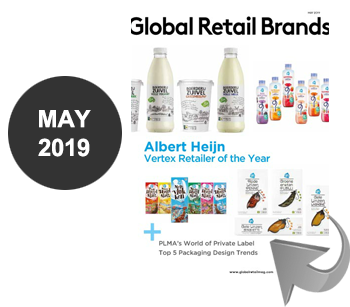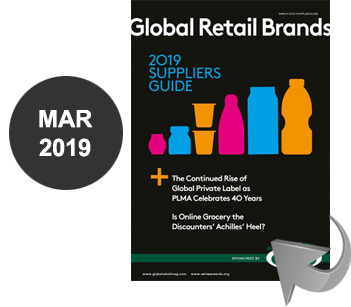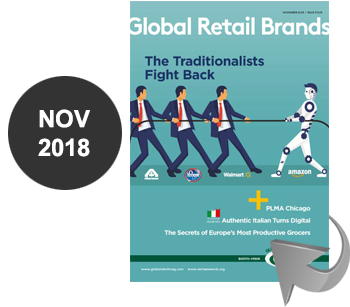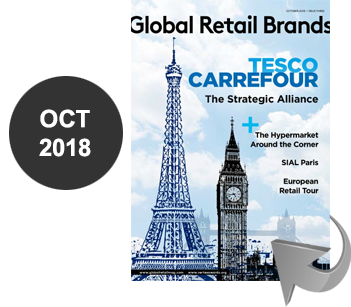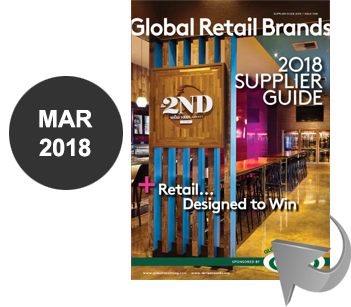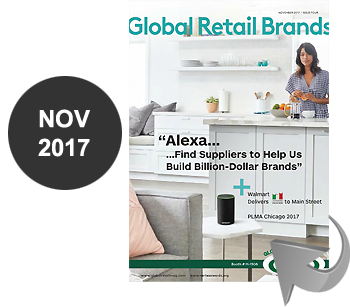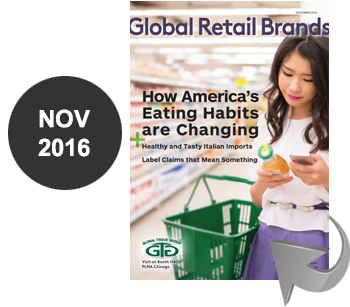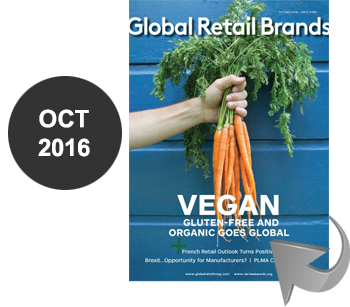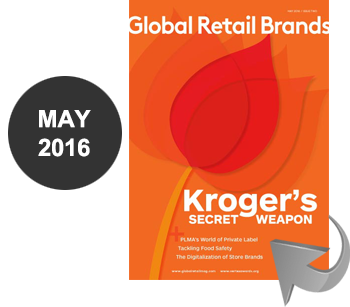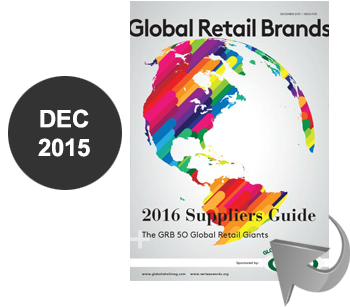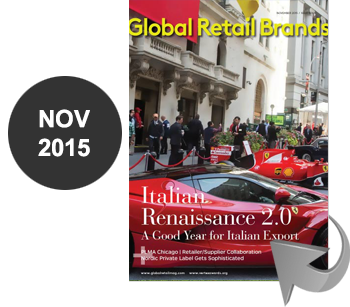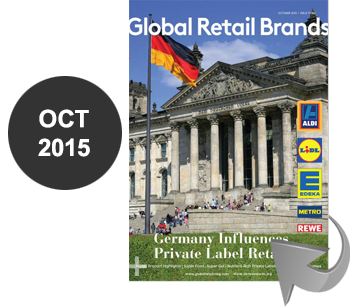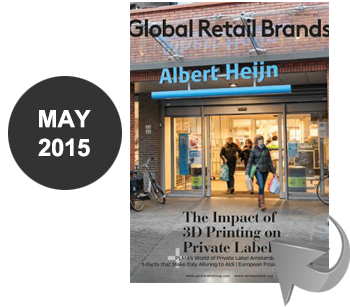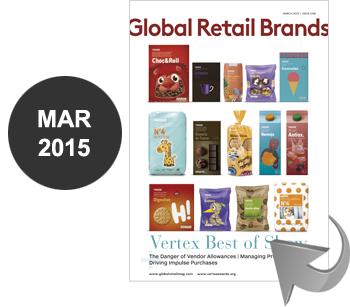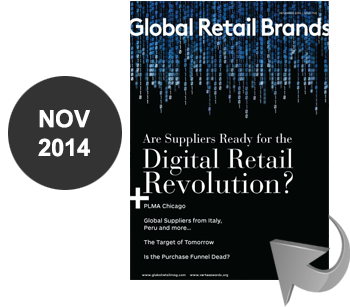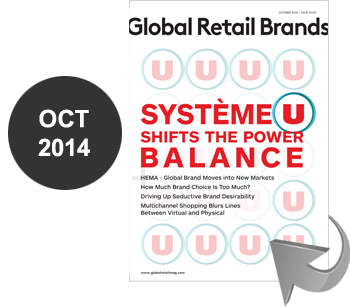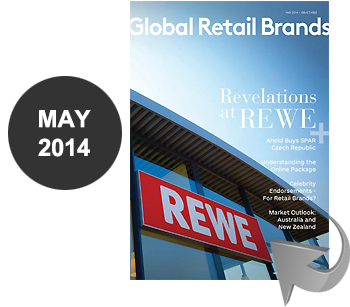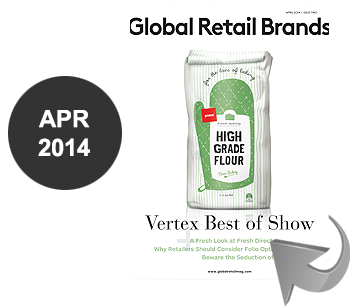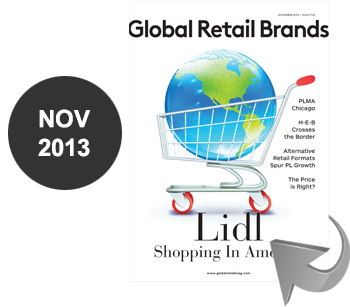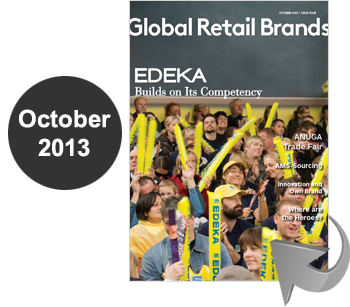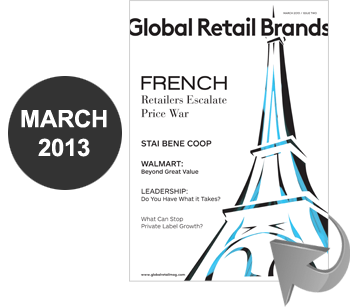 By / RICHARD KOHN
By / RICHARD KOHN
Since the start of the financial crisis there’s been a clear and continuing shift in shopper behavior. Brands have become less, not more important to consumers: Especially established CPG brands. In their place, savvy retailers have been wooing loyal consumers with ever improving private label, venture or exclusive brand offerings. Despite all the signs that traditional branding approaches (TV, more TV, improving brand equity etc.) were not working as they had in the past, marketers in CPG persisted with the same world view as ever that by spending more, communicating ever more cleverly and interacting with their consumers they would ride the wave out.
That’s just not happened. Instead, marketers within retail companies have seen the opportunity to extend their franchise, build on the loyalty their consumers have to that particular chain and expand the range of product categories and price points and offer their consumers a truly credible alternative to national brands.
Gone are the days when private label was an inexpensive but lower quality alternative to national brands. Welcome to the new world, where private label products have higher, more demanding specifications than national brands, can move to innovate much faster than global manufacturers and use traditional branding tools more effectively than ever before to take and retain market share from branded products.
Welcome to the new front line >>
A new, and yet unpublished survey referred to in Jonathan Baskin’s excellent book “Branding is Still Only for Cattle” indicates that the most recommended product in 73 major food categories is ‘no brand preference’. This is the time for private label.
As an experienced ‘A’ brand CPG brand professional, many of my colleagues regard my move to lead the development of private labels within a large retail pharmacy group as a move to the dark side. But it’s not; it’s the challenge of a lifetime.
It’s the opportunity to define a new model of branding that relies on delivering real consumer benefits through functional differentiation, delivering on brand purpose rather than brand promise, telling consumers the truth and actually putting consumers at the center of everything we do rather than just saying that we do and then doing everything that’s needed to get those consumers to buy our products in preference to any other.
And it’s all done partnering with so-called ‘private label’ suppliers >>
In the next several issues this column will investigate the real-life, day-to-day operational challenges of branding private label. We’ll aim to give insights to private label manufacturers as to how they can become increasingly valuable to their retail partners through means other than efficient cost managed manufacturing. We’ll focus on operational challenges faced by commissioning retailers so producers can understand how they can really help decision makers to meet their targets and we’ll engage industry players in discussion to see how together we can continue to change the consumer perception of private labels for ever.
After all, the biggest CPG brand in the world is already a private label.
Richard is an expert in global marketing and an acknowledged strategic brand leader. He currently heads the private label division at one of the large st retail pharmacy groups in Europe. He’s held senior management positions in A brand CPG companies and led international marketing and strategy teams across CPG, consumer durable and business services companies. He’s also the European client partner for a leading brand excellence training institute which delivers brand and communications courses to Fortune 500 companies. Richard is dedicated to bringing the discipline and science of brand marketing and marketing communications to private labels, empowering them to cultivate critically essential marketing management competencies to lead them to build leadership brands.

